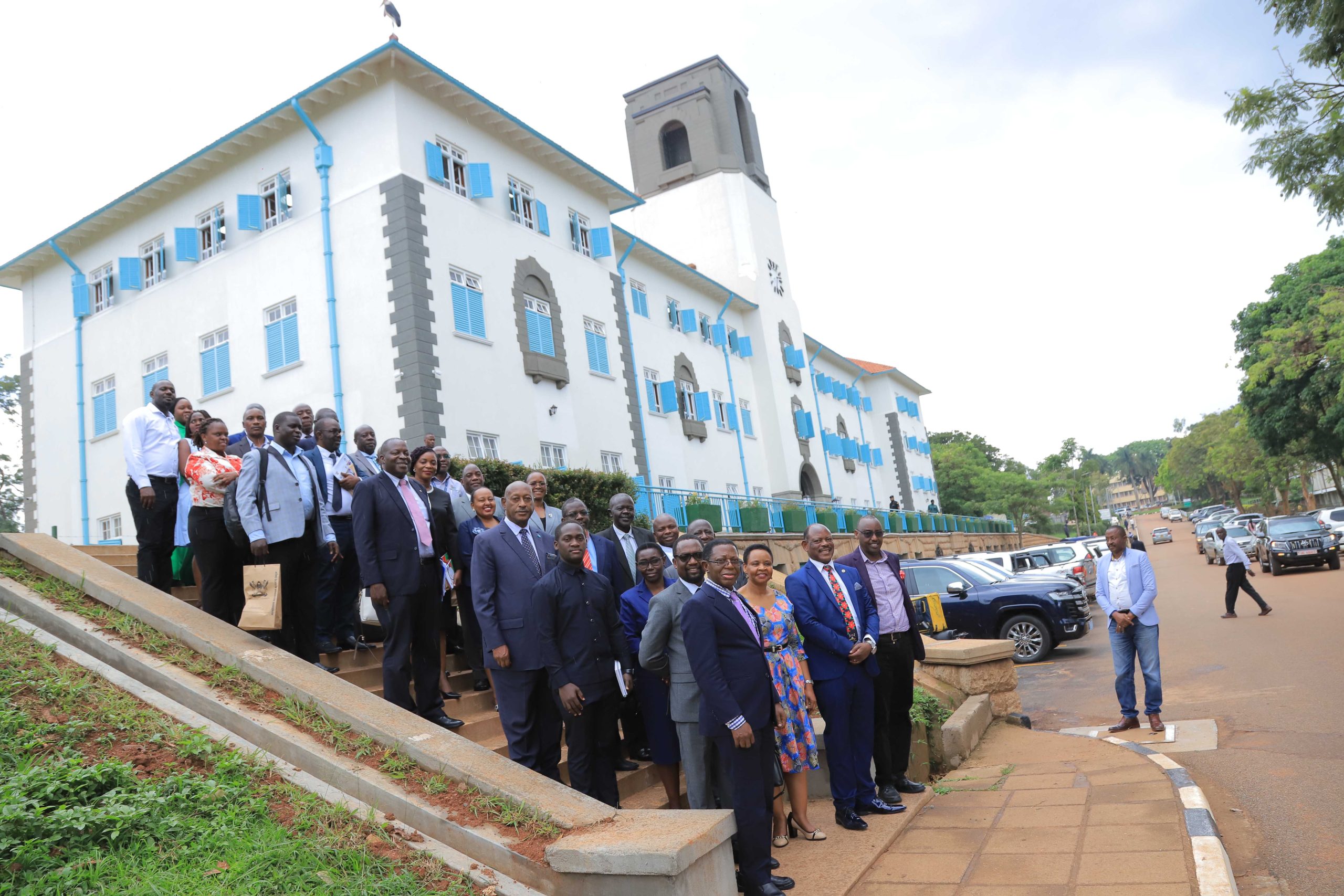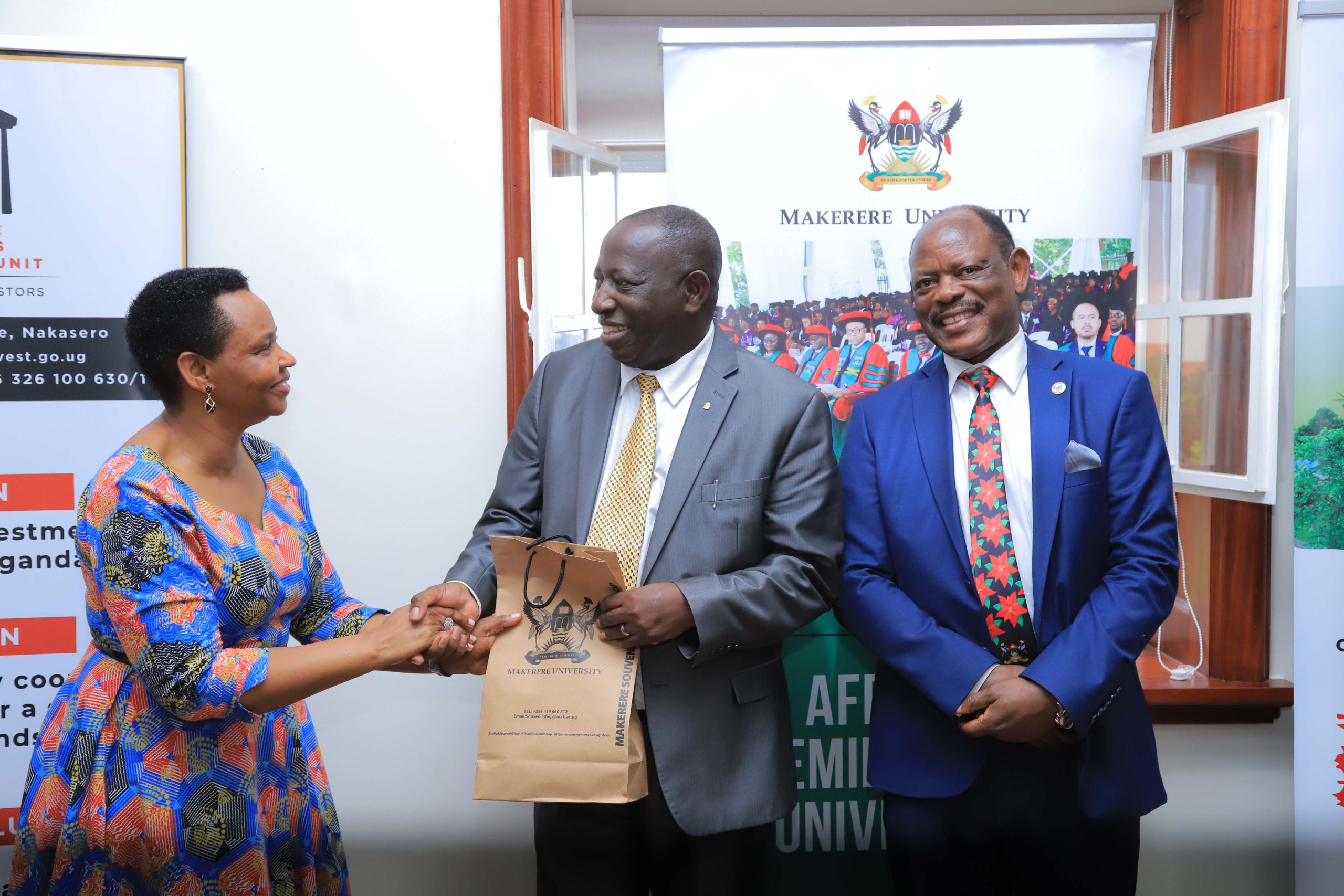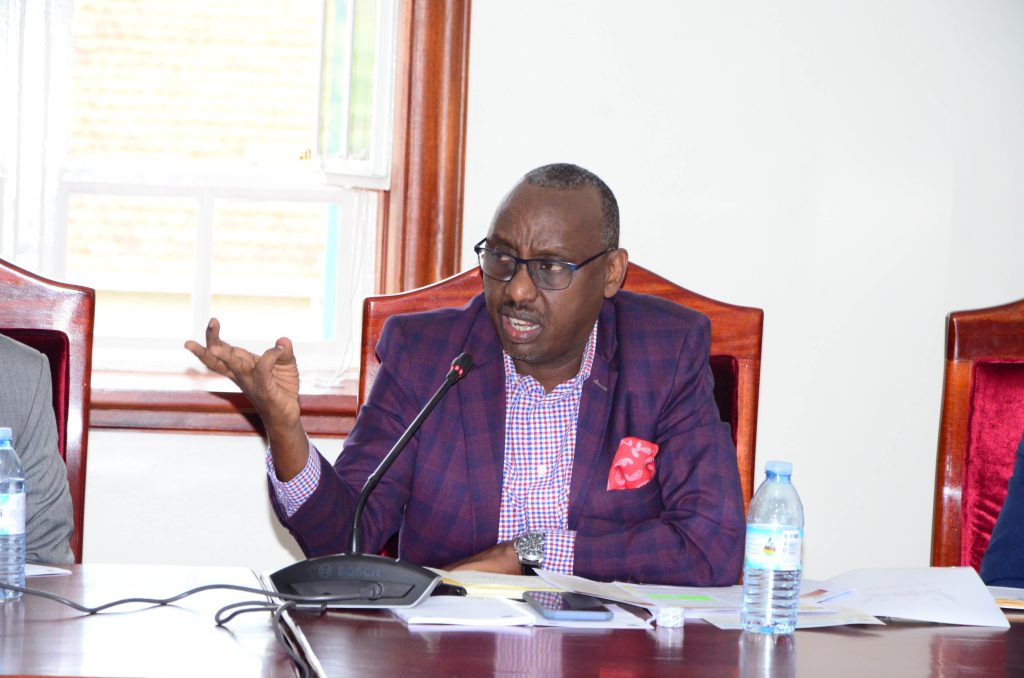Graduate unemployment in Uganda remains a pressing issue, with figures reported by various experts as high as 80 per cent.

However, the Uganda Bureau of Statistics (UBOS) states that the graduate unemployment rate currently stands at 15.2 per cent.
Speaking at a high-level meeting held at Makerere University on November 21, 2024, UBOS Deputy Executive Director, Dr. Vincent Fred Ssenono, attributed the challenge to the increasing number of graduates entering the labour market.

“Unemployment in this context refers to young people between 18 to 30 years who have the skills required to perform a job, actively seek work, but remain without income-generating opportunities,” Dr. Ssenono explained.
The meeting, organised by the State House Investors Protection Unit (SHIPU), brought together academicians, government representatives, and private sector experts to devise actionable solutions to graduate unemployment.
Col. Edith Nakalema, the Head of SHIPU, emphasised that the outcomes of this discussion would inform a solutions paper to be presented to President Yoweri Kaguta Museveni.
“We aim to develop a comprehensive proposal by next week for submission to the President,” she noted.




